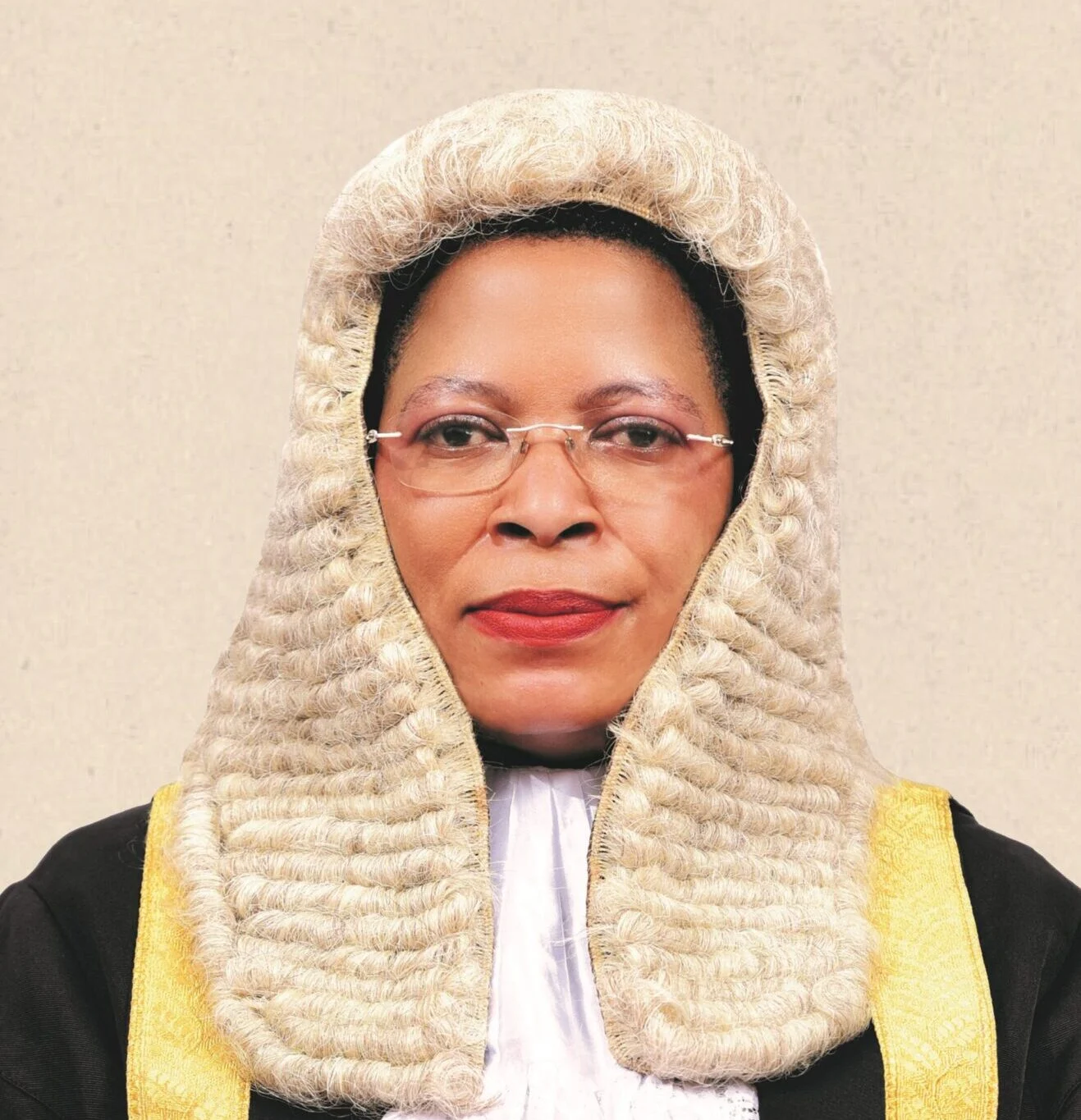Bloated Political Coffers, Starving Scrutiny? Parliament's Budget Prioritises Administration Over Core Duties

As Parliament prepares to approve its policy statements guiding the 2025/26 national budget, scrutiny of its own financial plans reveals a potentially troubling trend: more money allocated to political administration than to the core legislative committees that drive parliamentary scrutiny and oversight.
The proposed budget for Parliament stands at Shs917.642 billion, a modest reduction from the current year’s Shs977 billion.
Yet within this overall figure, the breakdown exposes a stark imbalance in priorities.
Parliament’s key responsibilities—passing legislation, scrutinising government programmes, ensuring accountability, and vetting public spending—rest largely on its committee system.
But the budget suggests that leadership offices are receiving significantly more support than these functional units.
A total of Shs 37 billion has been allocated for political administration. This includes Shs19.024 billion for the Speaker’s chambers, Shs15 billion for the Deputy Speaker, Shs4.243 billion for the Leader of the Opposition, Shs3.737 billion for the Leader of Government Business, and Shs5.488 billion for the Commissioners of Parliament.
In sharp contrast, the 28 parliamentary committees—tasked with the lion’s share of oversight, investigation and analysis—will share just Shs25.528 billion.
This works out to an average of about Shs 892.8 million per committee, raising concerns about whether these committees will have the resources to function effectively.
These fears are not unfounded. There have already been reports of committee activities stalling due to lack of funds.
Some chairpersons have complained that the money allocated is not only insufficient but also inconsistently disbursed, undermining their work.
A minority report from the Legal Committee on the Parliamentary Commission's budget further highlighted the disparities.
It revealed that each of the four parliamentary commissioners is poised to receive Shs1.372 billion, while committee chairpersons receive only Shs3 million and their deputies Shs2.5 million.
This is a slap in the face to those doing the real work,” one committee chairperson was quoted as saying during internal discussions.
Beyond administration, other planned expenditures have also raised eyebrows. Shs25.8 billion is set aside for the purchase of vehicles for political offices. Shs20 billion will go to completing parliamentary chambers.
An additional Shs10.9 billion is budgeted for improving the “image and understanding of Parliament,” while Shs12 billion will be spent screening curriculum vitaes.
A further Shs4.179 billion is earmarked for the refurbishment of the multi-level car park and modifications to toilets at Parliament's south gate.
Critics argue that these choices suggest a Parliament more concerned with optics and comfort than function.
“This budget risks eroding public trust in Parliament’s commitment to accountability and democratic governance,” said a civil society budget analyst.
“It’s not enough to look good. Parliament must do good—and be seen to work for the people, not just for the political class.”
With budget debates still underway, MPs face growing pressure to rethink the allocations and ensure the committees—the engines of scrutiny—are adequately empowered to serve Uganda’s interests.
With budget debates still underway, MPs face growing pressure to rethink the allocations and ensure the committees—the engines of scrutiny—are adequately empowered to serve Uganda’s interests



0 Comments